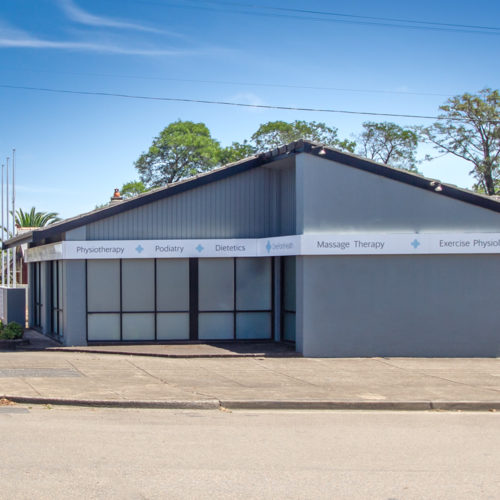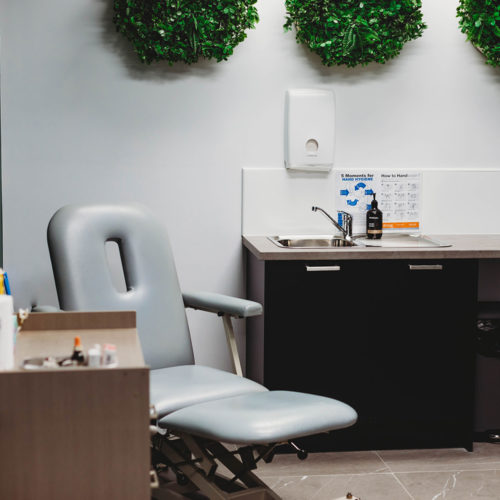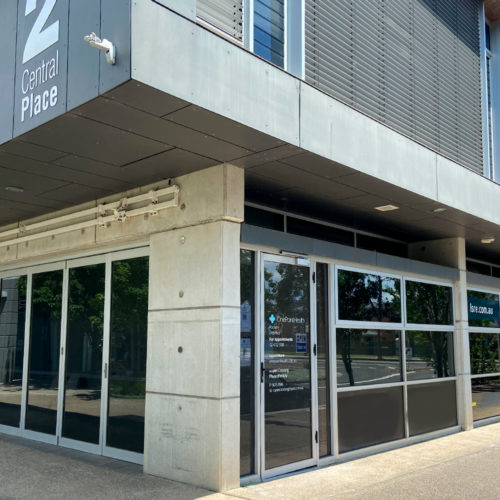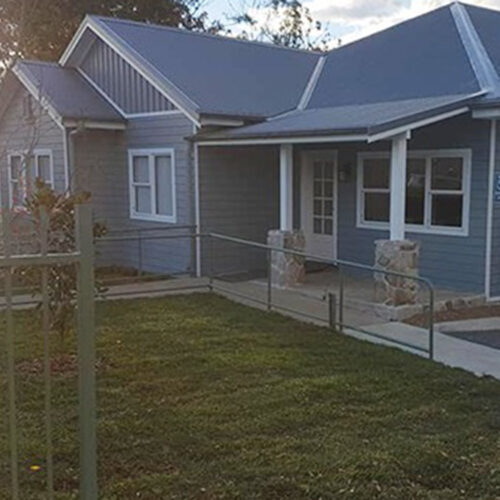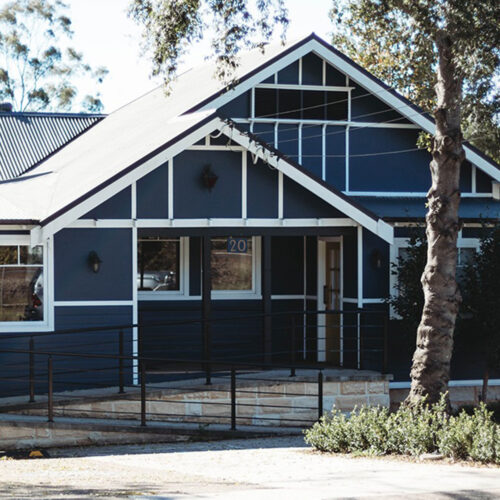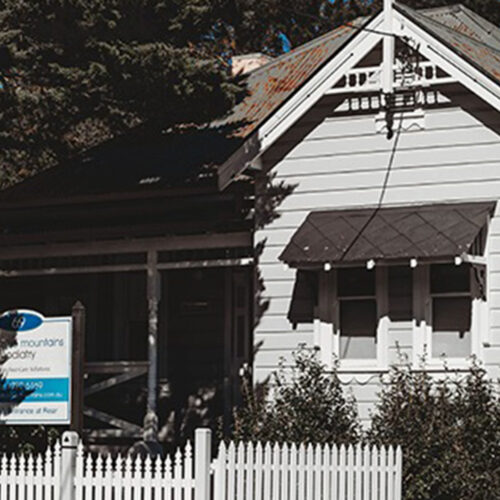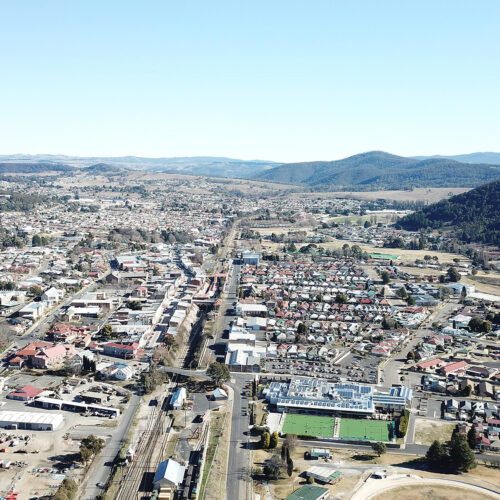Common summer injuries and pre-season prevention
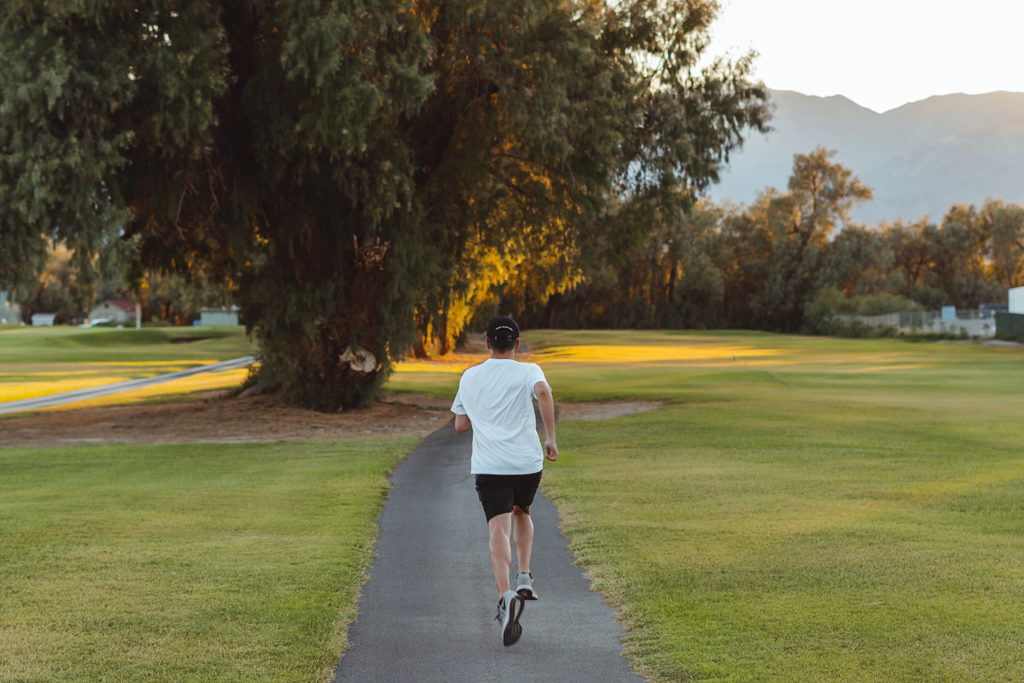
Summer is almost here! With the warmer weather approaching our motivation and activity levels are peaking, but unfortunately with an increase in activity can come an increase in injury prevalence. Due to the types of sports and activities, people tend to participate in over the warmer months, there is a trend in the types of injuries that occur.
The 3 most common summer injuries include:
Overuse shoulder injuries
Whether it’s in the backyard or on the field every Australian loves a game of cricket on a summer’s day! However, cricket along with other overhead sports such as swimming and baseball that are common in warmer seasons can lead to pain in the shoulder from overuse. There are many shoulder pathologies that can be the source of the pain, overuse injuries is a broad term to cover the injuries that are from repetitive movements such as throwing.
Patella-femoral pain (PFP)
Patella-femoral pain is a broad term used to describe pain at the front of the knee and around the patella (kneecap). It is commonly seen in runners and cyclists, or people who partake in activities such as bootcamp with lots of jumping. Running is a great way to keep in shape so coming up into spring and summer there is a significant increase in people who start running programs; however, a sudden increase in this high-impact activity can cause pain if the body isn’t adequately conditioned. PFP can account for up to 25-40% of knee pain presentations in a private clinic!
Ankle injuries
Ankle injuries are one of the most common injuries seen in summer. This is due to the increase in summer sports participation that involves high amounts of agility, such as touch football, oz-tag, or leisure activities like skateboarding or bushwalking. Uneven tracks and fields provide the perfect place for a common ankle sprain. The most common ligaments damages in sprained ankles are the ones on the outside of the ankle.
A good, solid, and progressive pre-season training regime is vital to maximise performance and minimise these injuries. Here are three key benefits of completing a structured pre-season training program
1. Improve your fitness.
According to the Australian Sports Commission enjoying a pre-season training regime will help you maintain or improve your fitness levels so that you can perform at your best when you need to. It is likely that in the offseason your match fitness and conditioning has been allowed to slide as there have been no matches to keep you on your toes.
2. Reduce your risk of injury.
Spending some time in the lead-up to the season preparing for the rigors of the sport can help to prevent injuries when the game starts. This is because you will be fit and ready for the physical demands expected of you. A balanced training program will improve your strength so your muscles and joints can handle sudden or large forces. It will also enhance your endurance so you can play for longer, your speed so you can move quickly and your flexibility so you have a greater range of motion and will be less likely to injure yourself. As physios, we find that niggling injuries that plagued athletes last season can re-occur as training increases.
A common misconception is that rest over the off-season is enough to address these injuries when in fact this is not the case. The mechanical insufficiencies and imbalances that contributed to the original injury will still be present and unless addressed will hamper performance and cause the injury to linger through the season. Seeing a physio before the season starts to address any issues will help promote healing and start the season off on the right foot.
3. Improve your skill development
A consistent and graduated pre-season program ensures that you will be at your best when the season is off and running. It can help you build up and work on your technique and you can use it to work on any element of the game you want to improve. In general, a good preseason program aids performance and helps injury prevention.
If you need help with injury prevention or treatment come in and see us and we will be able to help.

